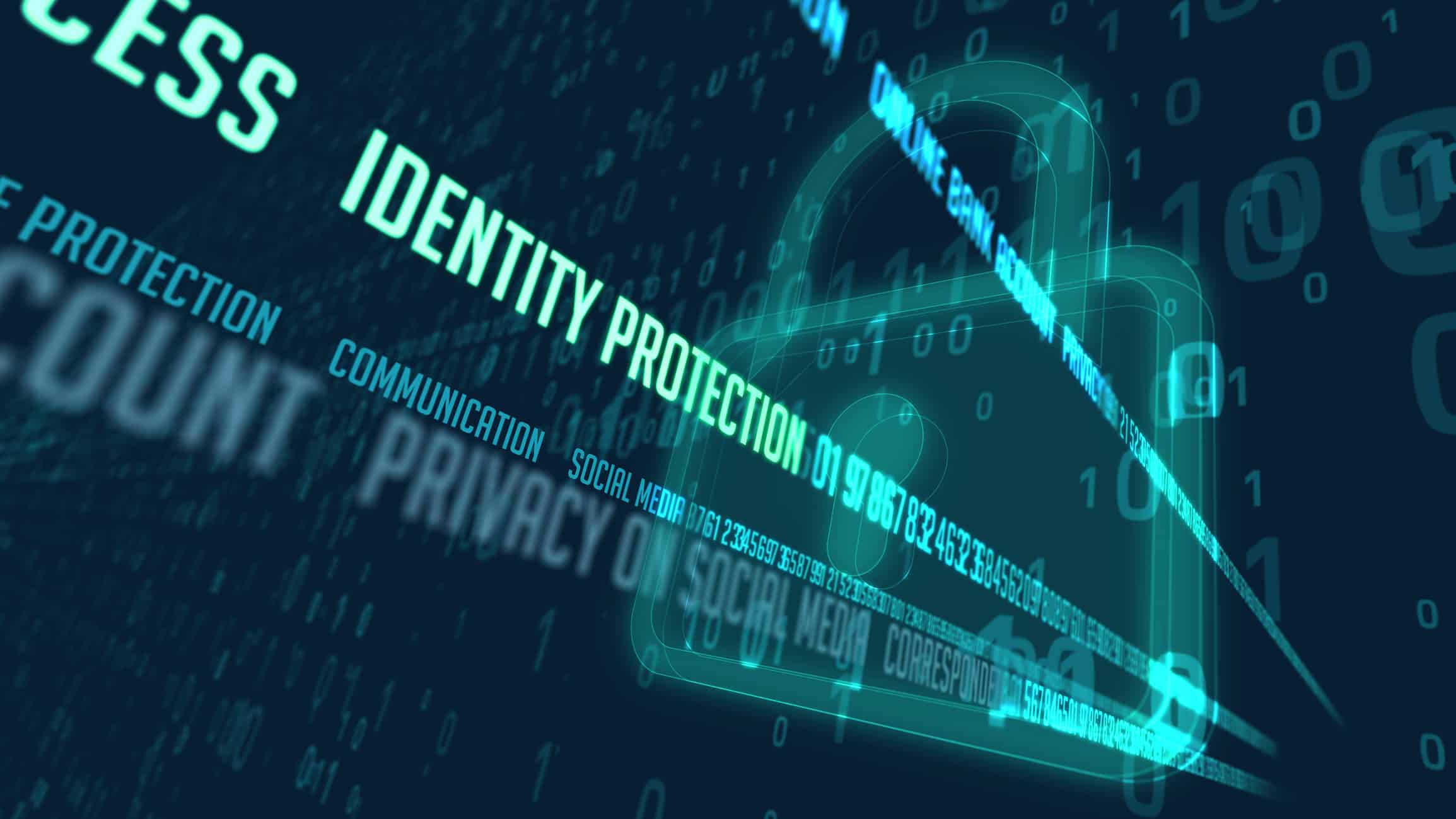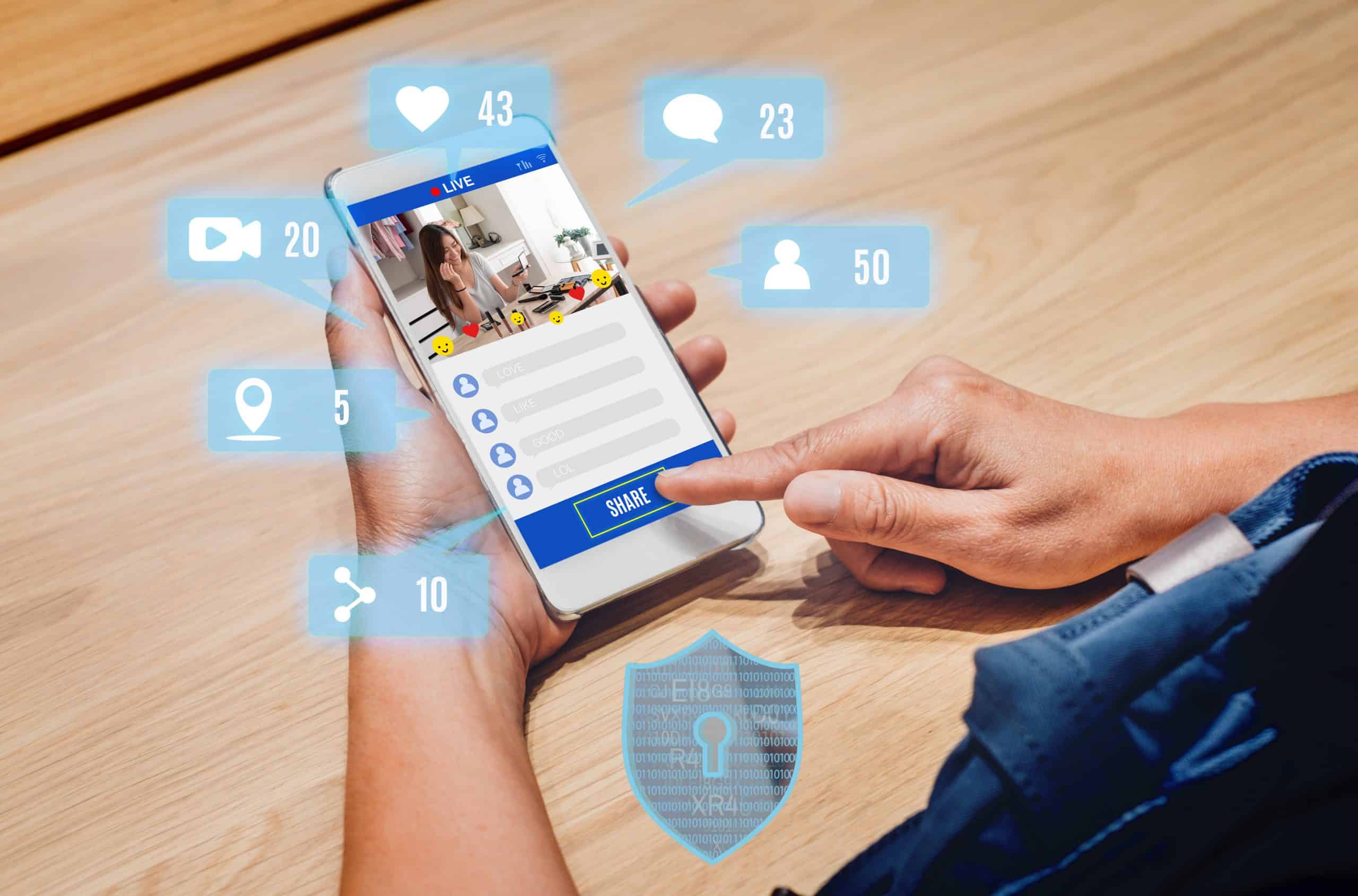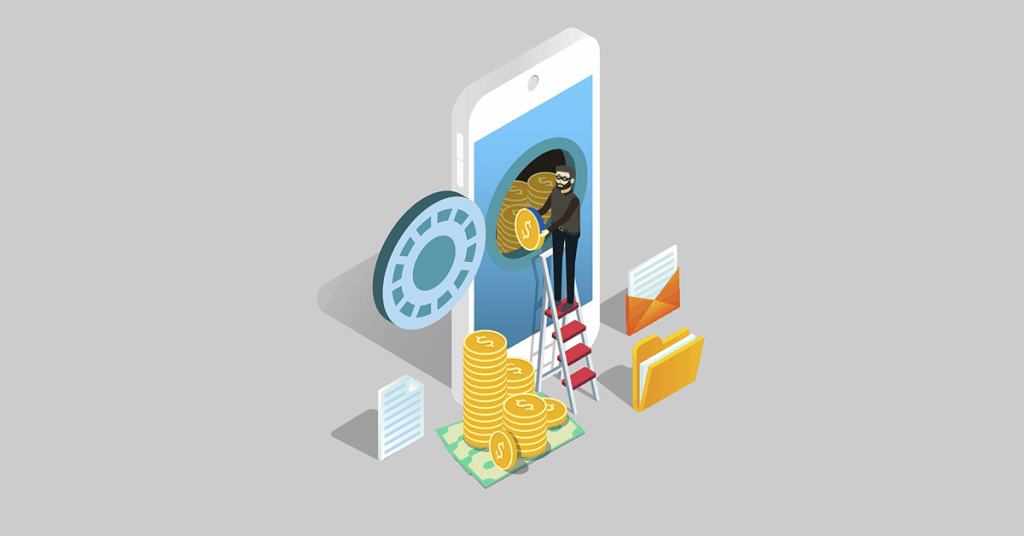When it comes to getting scammed, the internet has meant there are arguably more pitfalls than ever. Social media scams are just one of the ways in which you might get conned, and people often let their guard down on social media and allow an unscrupulous scammer to take advantage.
Millions of US citizens have social media accounts. Did you know that according to Statista, almost 80% of Americans have some form of social media profile? It’s not hard to see why fraudsters would try to trick people via social media.
What Are Social Media Scams? How Do Fraudsters Do It?

Social media scams come in many different forms. In fact, new types of scam are coming into circulation every single year and it is hard to keep a track of all of the different ways in which you can be scammed online.
A social media scam is usually a way in which a fraudster uses some form of social engineering attack. This means building social trust, possibly by posing as someone from a legitimate company, or who an individual might be expecting contact from. There are many ways to disarm people using social media, and the best scammers become very good at it.
Here are some of the examples of social media scams that are common. Remember that there are more out there!
Fake Friends
You might have seen reality TV shows where people randomly add one another on social media or connect on a chat room before “Catfishing”. This is usually related to social life, with people hiding behind the veil of another person’s identity. However, some people will pose as others in order to collect your details for the purposes of identity fraud, or even to send you to a malicious website to collect your details or install malware.
Social Media Offers
You might have seen fake brand pages and promotions on social media, with scammers going to the lengths of building accounts and pages that appear legitimate, to post offers that sound too good to be true. Respond to these offers and you might find that someone was just trying to get your details, or steal money through a fake eCommerce or checkout platform. Scammers aren’t afraid to use the company branding, and some do a pretty good job of looking legitimate.
Be wary of URL shorteners. These aren’t always definitive signs of a scam, but often, scammers will use these to mask the fact they are actually sending you to a harmful website.
Posing as Friends
Because so many people have social profiles that are publicly available and that anyone can see or even take information from, it means that fake profiles can be created to try and “steal” someone’s virtual identity. For example, a scammer could set up an account with the same name and picture as you.
Why is this such a problem?
Well, they can also try to make use of your connections to make a quick buck or steal more details about your personal life.
Do you have an aunt or uncle who you are friends with on social media?
Would they recognize if someone messaged them using your picture and name and said you were in trouble and needed help?
This sort of scam is designed to disarm people. They are often called “family emergency scams” as people will usually pretend they need help paying bail or a medical bill, for instance. This can set off panic in a family member and make them a lot more likely to part with money to try and help.
It is amazing how well scammers might be able to impersonate your friends and family, and the financial gains for them can be pretty huge, which means that they will put in the time to try and scam you.
Quizzes and Questionnaires
Yes, even the innocent-looking quizzes that tell you which house you would belong in if you were a character in Harry Potter, or which Friends character you are most like.
These can be innocent, or they can be a rouse to try and steal your details.
Using the API of some social media websites, these quiz platforms might even be able to take details directly from your profile. If a little notice pops up and asks if you are happy to connect your Facebook or Twitter account to their platform then all of your information might be at their command, apart from your password.
This means that they might know your address, your phone number, your date of birth, and many other details that are required in order to take out a loan or perform other types of fraud. All this from just being curious about which movie character you’re like!
As you can see from the above methods, scammers are becoming more and more sophisticated. Social media accounts, especially ones with low privacy settings, might be a prime opportunity to be scammed on.
What is Identity Theft? How is it Correlated to Social Media Scams?

Some people let their guard down on social media due to the fact that they think that any scams are not going to hit them financially. You might assume that if a website does not have your bank details, there is nothing that can happen that will hit your finances. This is very far from the truth.
Identity theft is a huge issue, and in order to steal your identity someone can merely collect your details and pose as you on applications, and to commit other fraud and crimes. For instance, they might take out a credit card in your name and max it out. This is far worse than getting scammed out of $50 on the street, and the effects can last on your credit score, plus cause a huge amount of stress. You might even be liable for the debts if you are not able to prove that it was someone else.
You can invest in the best marketing books out there, although very educational, they do not warn you about social media scams. The reality is that social media scams are harmful for everyone. It is harmful for people because they suffer from data breaches, it is also harmful for marketers and social media entrepreneurs since these scams delegitmize online businesses.
You are probably now starting to think of all the times when you have shared details on social media that someone might be able to use to pretend to be you, and fill in forms posing as you online. All the information you give to social media websites can be turned against you, so it is a good idea to be incredibly careful and avoid social media scams.
The Growing Concern of Identity Theft
According to iii.org, “Of the 3.2 million identity theft and fraud reports received in 2019, 1.7 million were fraud-related, and about 651,000 were identity theft complaints”.
650,000 claims with reported losses of almost $2 billion. These numbers are increasing year after year as scammers become more intelligent, so the time to consider your internet security and what you are doing with your data is now.
Although we have more tools to combat identity theft, people are still not as well educated on the subject as they should be, and this can lead to huge issues.
The Consequences of Getting Scammed
The purpose of this section is not to scare people, but to alert you of some of the immediate consequences of getting scammed, and what it can mean for the future.
- Immediate cash losses. You might get sent to a fake checkout or scammed for fake purchases on an app. This means money leaving your account and possibly never returning.
- Identity theft related losses. If you find out that your details have been used for a credit card, or a scammer has gained access to your existing accounts then you might not even have the money left to pay bills and rent.
- Credit score issues. You might have worked hard on your credit report over the years, but phony applications and scammers spending your money could totally decimate this.
- Embarrassment. If you fall for a scam and need to tell people, it can be really embarrassing. Some people don’t even report their scams due to the fact that they are too embarrassed to do so.
Needless to say, all of this can cause huge issues for the future. It makes it even more vital that the scammers get caught, but even then there is no guarantee of getting your money back. Many people who get scammed had no idea they were doing anything of risk, but the impacts can last for decades.
Today, many social media platforms are experimenting with AI to tackle the problem of data breaches through their problems. AI already has very promising results regarding marketing and customer experience. By no doubt, AI with its groundbreaking technology will be used to counter hackers and fraudsters to make social media platforms more secure.
How to Identify Social Media Scams
 Of course, the best way to ensure that you don’t get scammed by someone, other than taking yourself off of social media altogether, is to work out how to spot the scams. Though they are pretty sophisticated, there are plenty of methods for spotting the scams out there and little telltale signs that are left for you to work out when something is not quite right.
Of course, the best way to ensure that you don’t get scammed by someone, other than taking yourself off of social media altogether, is to work out how to spot the scams. Though they are pretty sophisticated, there are plenty of methods for spotting the scams out there and little telltale signs that are left for you to work out when something is not quite right.
- Always check URLs carefully. Fake URLs or ones masked behind a shortening service are a telltale sign that something is not right. If you are following a link to an offer from a company, or to enter a competition, ask yourself if the URL looks legitimate. If it has numbers in it or misspellings, avoid at all costs.
- If an offer comes from a page, look for verification. Social media platforms like Instagram and Twitter may have “blue ticks” to indicate that a page is real. If it is a big brand, ensure it isn’t a fake profile.
- Check people are who they say. If a family member appears to pop up in your chat, check and verify that it is them, or even call them to see if it is their voice, or if they are sheepish about things.
- Look for secure websites. A trustworthy website should have a padlock sign in your browser’s URL bar. This means they have a security certificate which indicates they take precautions with your data.
How to Be Secure From Scams
Make no mistake, pretty much anyone can get scammed in life. Sadly, there will always be people who are looking to break the law and make a quick buck, so there is a reason to have your guard up when you are using social media. There are things you can do to avoid getting scammed on social media:
- Use an identity theft monitoring service. This is a service that will monitor whether your identity is being used elsewhere and alert you if suspicious credit applications are made or if your name should appear on the black market with people trying to sell your data.
- Don’t give away private information. If you do use social media, you can limit how much personal data you put on there. Some people choose to share virtually everything, and this can make it easy for scammers to take on your identity.
- Make your social media settings strict. Some social media platforms allow you to choose what information is shareable with other apps using their API. The stricter this is, the more protected you are.
To be more secure, you can delete cache files on your Mac or any other device. Whenever you visit a website (download something) or social media app, certain data is left on your device. Removing this data will help remove the information these sites and apps know about you and will secure you from any possible threat.
Ignore strangers wherever possible. Even if someone claims to be from tech support or pretends to have an official reason for contacting you, ignore this and find the official channels to contact the company in question. Always check that it is a legitimate concern. If someone contacts you and wants to be friends, you should probably ignore it. If you really don’t want to ignore it, the least you can do is check you have mutual friends and see if people have met the person running the profile in person. This is where watching shows like Catfish might come in useful. Always be cautious in this sort of scenario, even on dating sites and apps.
Protect Yourself from Social Media Scams
As you can see from this post, social media scams are rife, and it is easy for pretty much anyone to get caught up in them. The massive rise in social media over the last 10-20 years has provided us with a brilliant way to stay in touch, but it is also an opportunity for scammers. Be sure to tread carefully and take adequate precautions.

